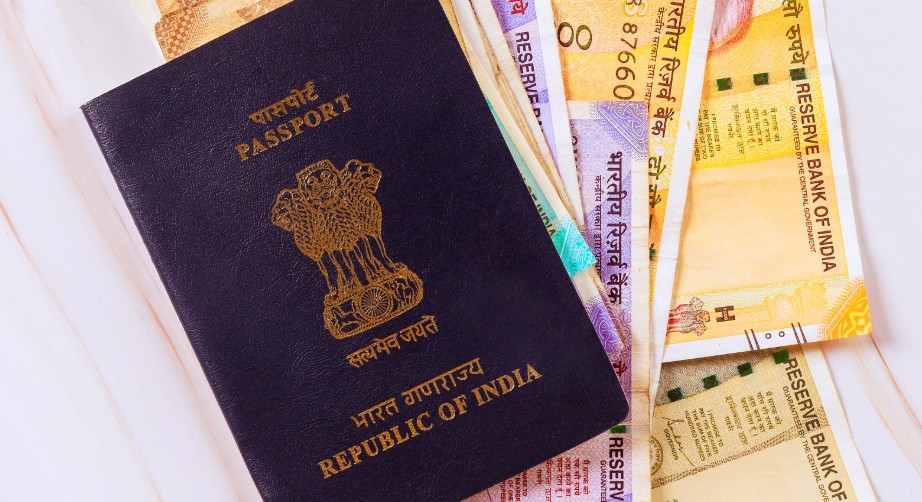1. Modernized Passport Design with Enhanced Security
India’s passports will now feature a revamped layout and advanced security features, offering:
-
Better protection against forgery and duplication
-
Faster identity verification at international checkpoints
-
Compliance with global travel documentation standards
2. Residential Address Moved to Barcode
In a significant privacy upgrade, your residential address will no longer be printed on the last page of the passport. Instead:
-
Address details will be embedded in a scannable barcode
-
Accessible only to immigration and security officials
-
Protects personal data from unnecessary exposure
3. Parents’ Names No Longer Required
To reflect modern and diverse family structures, parents’ names will no longer appear on the last page of the passport. This is especially helpful for:
-
Single-parent households
-
Guardianship-based families
-
Reducing irrelevant personal disclosures
4. New Colour-Coded Passport System Introduced
A fresh colour-coded system is being introduced to distinguish passport categories:
-
🔴 Red – Diplomatic passports
-
⚪ White – Government officials
-
🔵 Blue – Ordinary citizens
-
⚫ Grey – Emergency travel or repatriation documents
This system will speed up verification and processing at airports and embassies.
5. Mandatory Birth Certificate for Newer Generations
For those born on or after October 1, 2023, only a government-issued birth certificate will be accepted as valid proof of birth during passport application.
-
No other documents will be considered valid for this group
-
Aims to standardize and simplify birth verification
6. Flexible Rules for Older Applicants
Applicants born before October 1, 2023 will still have the option to submit alternative documents for proof of birth, including:
-
School leaving certificate
-
PAN card
-
Voter ID
-
Driving licence
-
Government service record
This ensures a smooth transition without excluding older applicants.
7. Simplified Name Change Process for Women Post-Marriage
Women updating their name or adding a spouse’s name after marriage can now do so without submitting a marriage certificate.
-
The updated Annexure J form allows a self-declaration
-
Less paperwork, more flexibility
-
Empowers women to manage name changes easily
✅ Final Thoughts
These passport rule changes reflect India’s commitment to making passport services:
-
More secure with enhanced data protection
-
More inclusive for diverse family structures
-
More efficient with simplified processes and clear documentation
If you’re planning to apply or update your passport in 2025, stay informed and prepare ahead to avoid delays.


0 Comment